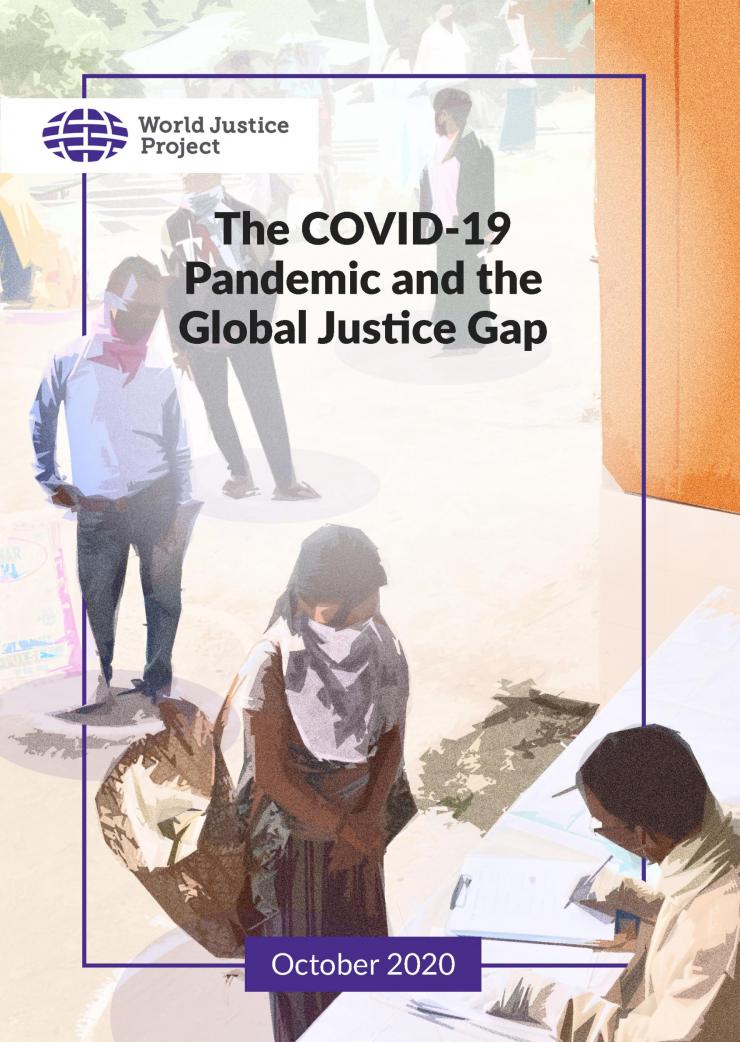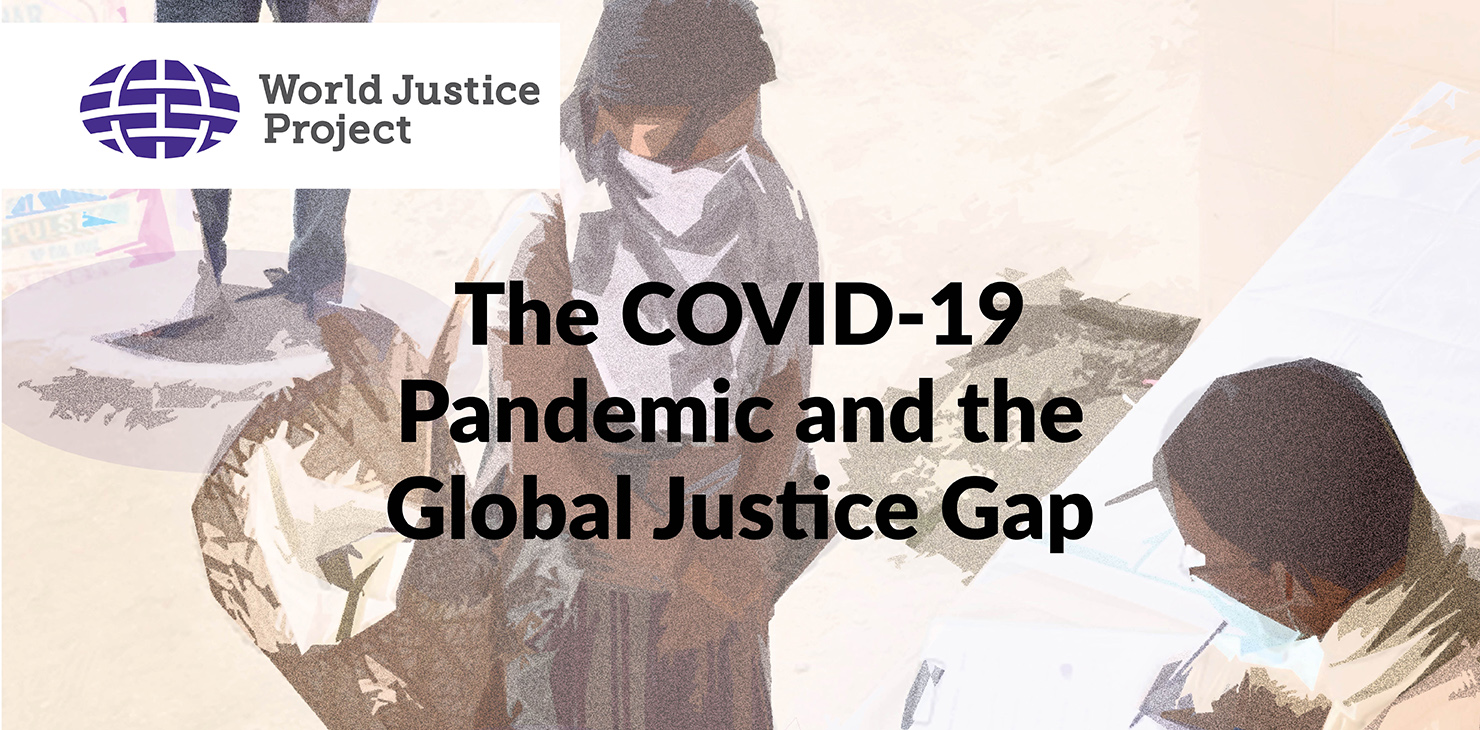

This policy brief is part of a multidisciplinary initiative from the World Justice Project to expand knowledge of the relationship between public health and the rule of law, and to identify measures to tackle the twin crises of the COVID-19 pandemic and the rule of law where they intersect. Learn more about this initiative here, and learn how the World Justice Challenge 2021: Advancing the Rule of Law in a Time of Crisis is addressing these issues here.
In 2015, UN member states adopted the 17 Sustainable Development Goals (SDGs), committing to measurable progress by 2030 on poverty, inequality, health, environmental degradation, and other global challenges. States recognized good governance as a key element of this agenda, promising in Goal 16 to "promote peaceful and inclusive societies for sustainable development; provide access to justice for all; and build effective, accountable, and inclusive institutions at all levels."
On the eve of what was dubbed "the decade of action" to reach these goals by 2030, the COVID-19 pandemic has both set this agenda back and driven home just how fundamental justice is to achieving all of the other goals. The crisis has laid bare significant inequities, taking its greatest toll on those who have been traditionally excluded and plunging more people into this plight.
This policy brief explores various dimensions of this "justice gap" and how the pandemic is affecting those who fall in it. While the pandemic has created new challenges for reaching "justice for all" by 2030, it has also revealed the importance of doing so. As this brief highlights, promising strategies are emerging for building back better by closing the justice gap.








